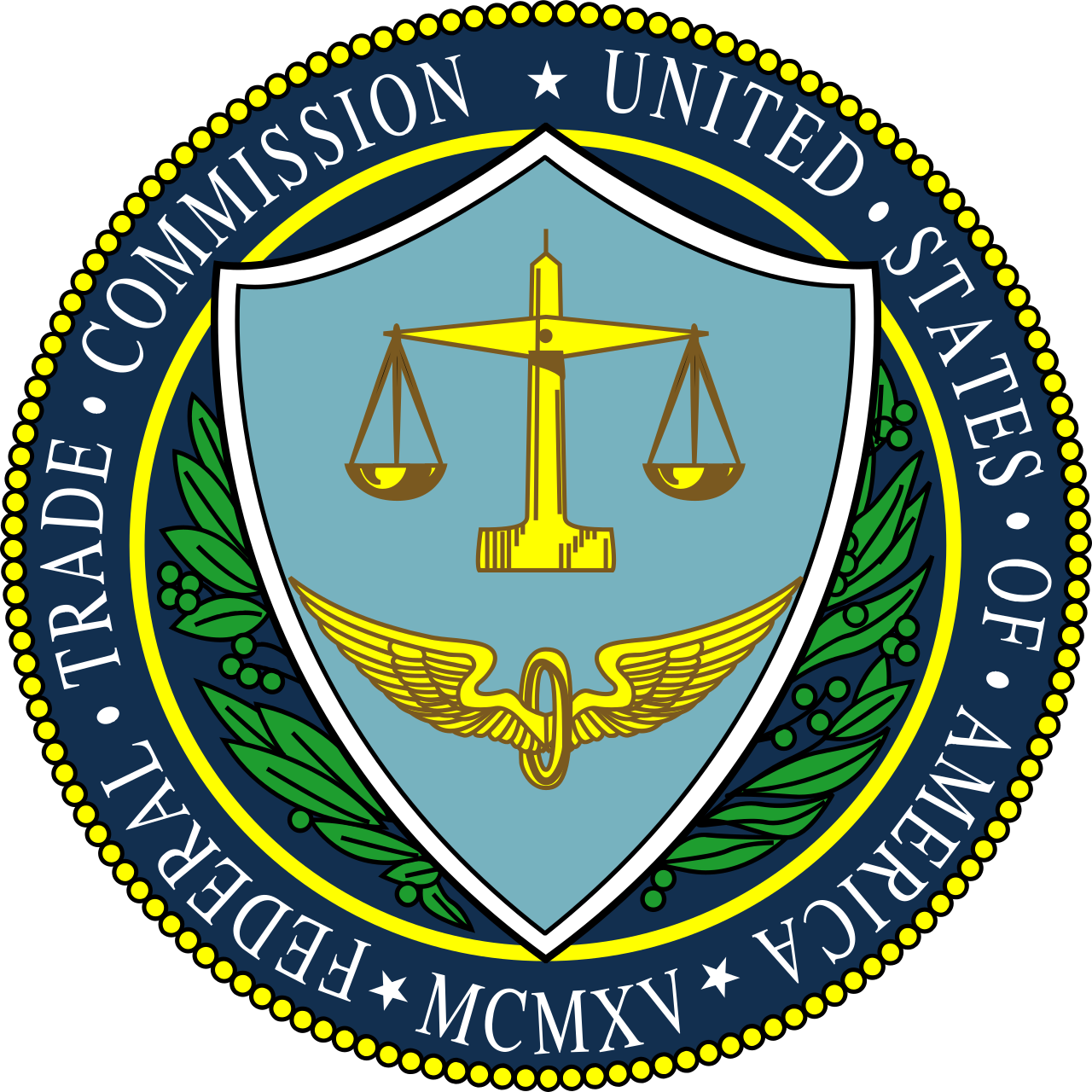Weight loss scams are fraudulent schemes that prey on people’s desire to lose weight. In the pursuit of achieving a healthier and more svelte physique, many individuals fall prey to the enticing promises of quick and effortless weight loss. Unfortunately, the world of weight loss is rife with scams that exploit the desperation and vulnerability of those seeking a solution to their weight concerns. These scams prey on our desire for immediate gratification and often employ deceptive tactics to lure unsuspecting consumers into parting with their hard-earned money.
Recognizing the Red Flags
While it’s understandable to be drawn to the allure of rapid weight loss, it’s crucial to exercise caution and recognize the common red flags that often signal a weight loss scam. Here are some key indicators to be on the lookout for:
- Unrealistic Claims: If a product or program promises miraculous results without any effort or lifestyle changes, it’s likely a scam. Genuine weight loss requires a combination of healthy eating, exercise, and behavioral modifications.
- Lack of Transparency: Reputable weight loss companies provide detailed information about their products, ingredients, and potential side effects. Scammers often obfuscate this information, making it difficult for consumers to make informed decisions.
- Pressured Sales Tactics: Legitimate companies do not engage in aggressive sales tactics or pressure tactics to make a sale. If you feel pressured to buy a product or sign up for a program, it’s likely a sign of a scam.
- Exaggerated Before-and-After Photos: While real results are possible, it’s important to be skeptical of heavily edited or fabricated before-and-after photos. Legitimate companies will provide verifiable customer testimonials and success stories.
- Unlicensed or Unregulated Products: Avoid weight loss products that lack FDA approval or are not regulated by the appropriate authorities. These products may contain harmful ingredients or lack efficacy.
Common Weight Loss Scams
1. Unrealistic Promises
Weight loss scams often promise rapid, effortless weight loss without any lifestyle changes. This is simply not possible. Genuine weight loss requires a combination of healthy eating, regular exercise, and lifestyle modifications.
2. Lack of Transparency
Reputable weight loss companies provide complete and accurate information about their products, ingredients, and potential side effects. Scammers often withhold this information or provide misleading or inaccurate details.
3. Pressured Sales Tactics
Legitimate companies will not pressure or coerce you into buying their products or services. If you feel pressured to make a decision, it’s a red flag.
4. Exaggerated Before-and-After Photos
While real weight loss progress is possible, it’s important to be skeptical of heavily edited or fabricated before-and-after photos. Legitimate companies will provide verifiable customer testimonials and success stories.
5. Unlicensed or Unregulated Products
Avoid weight loss products that lack FDA approval or are not regulated by the appropriate authorities. These products may contain harmful ingredients or lack efficacy.
6. Detox Diets
Detox diets are often marketed as a quick and easy way to cleanse the body and lose weight. However, these diets are typically unhealthy and can lead to nutrient deficiencies.
7. Appetite Suppressants
While appetite suppressants may help you eat less in the short term, they are not a sustainable solution for weight loss. They can also have dangerous side effects, such as anxiety and insomnia.
8. Weight Loss Patches or Creams
There is no scientific evidence to support the claim that weight loss patches or creams can help you lose weight. These products are often expensive and ineffective.
9. Fad Diets
Fad diets are typically low in calories, carbohydrates, or fats, and they often promise quick weight loss. However, fad diets are often unhealthy and unsustainable, and they can lead to weight regain and nutrient deficiencies.
10. Celebrity Endorsements
Celebrity endorsements are often used to sell weight loss products, but it’s important to remember that celebrities are paid to endorse these products, and their experiences may not be typical.
Emerging Scams in 2024
As technology advances and the demand for quick weight loss persists, scammers continue to develop innovative methods to deceive consumers. Here are some emerging scams to watch out for in 2024:
- Cryptocurrency-Based Weight Loss Programs: Some scams are now using cryptocurrency as a payment method, making it more difficult for consumers to track their transactions and seek refunds.
- Social Media Influencers Promoting Unproven Products: Social media influencers are often paid to promote weight loss products, even if they don’t use or believe in the products themselves.
- AI-Powered Weight Loss Coaches: Scammers may use AI-powered chatbots or virtual coaches to provide personalized weight loss advice, often without any qualified expertise.
- Targeted Advertising and Phishing Attacks: Scammers are increasingly using targeted advertising and phishing attacks to trick consumers into revealing personal information or clicking on malicious links.
Protecting Yourself from Weight Loss Scams
To safeguard yourself from weight loss scams, follow these essential tips:
- Do Your Research: Before purchasing any weight loss product or program, conduct thorough research. Read reviews from independent sources, check for certifications, and consult with a healthcare professional.
- Trust Your Intuition: If something seems too good to be true, it probably is. Trust your instincts and avoid making impulsive decisions based on emotional appeals.
- Avoid Unconventional Methods: Be wary of products or programs that advocate extreme measures, unproven ingredients, or detox diets. These methods are often ineffective and potentially harmful.
- Seek Professional Guidance: Consult a registered dietitian or certified personal trainer for personalized advice on healthy weight loss strategies.
- Report Scams: If you believe you have been a victim of a weight loss scam, report it to the relevant authorities and consumer protection agencies.
Report Weight Loss Scams
Here are some resources that you can use to report weight loss scams:
- Federal Trade Commission (FTC): The FTC is the primary consumer protection agency in the United States. You can file a complaint with the FTC online or by phone at 1-877-FTC-HELP (1-877-382-4357). FTC logo

- Your state attorney general: Your state attorney general may also have resources available to help consumers report weight loss scams. You can find your state attorney general’s contact information on the National Association of Attorneys General website. National Association of Attorneys General logo

- The Better Business Bureau (BBB): The BBB is a non-profit organization that helps businesses and consumers resolve disputes. You can file a complaint with the BBB online or by phone at 1-855-411-BBB1 (1-855-411-2221).
- Social media platforms: If you see a weight loss scam on social media, you can report it to the platform. For example, you can report a scam on Facebook by clicking on the “Report” button and selecting “Scams and phishing.”
- Other online resources: There are also a number of other online resources where you can report weight loss scams. These include:
- Consumer Reports: Consumer Reports is a non-profit organization that provides consumer advice and information. You can report a weight loss scam to Consumer Reports online or by phone at 1-800-233-1080.
- The National Consumer Law Center (NCLC): The NCLC is a non-profit organization that provides legal assistance to consumers. You can report a weight loss scam to the NCLC online or by phone at 1-888-830-5062.
Remember, genuine weight loss takes time, effort, and a commitment to healthy lifestyle habits. Don’t fall prey to unrealistic promises or deceptive marketing tactics. Seek credible information, make informed decisions, and prioritize your overall well-being.
















